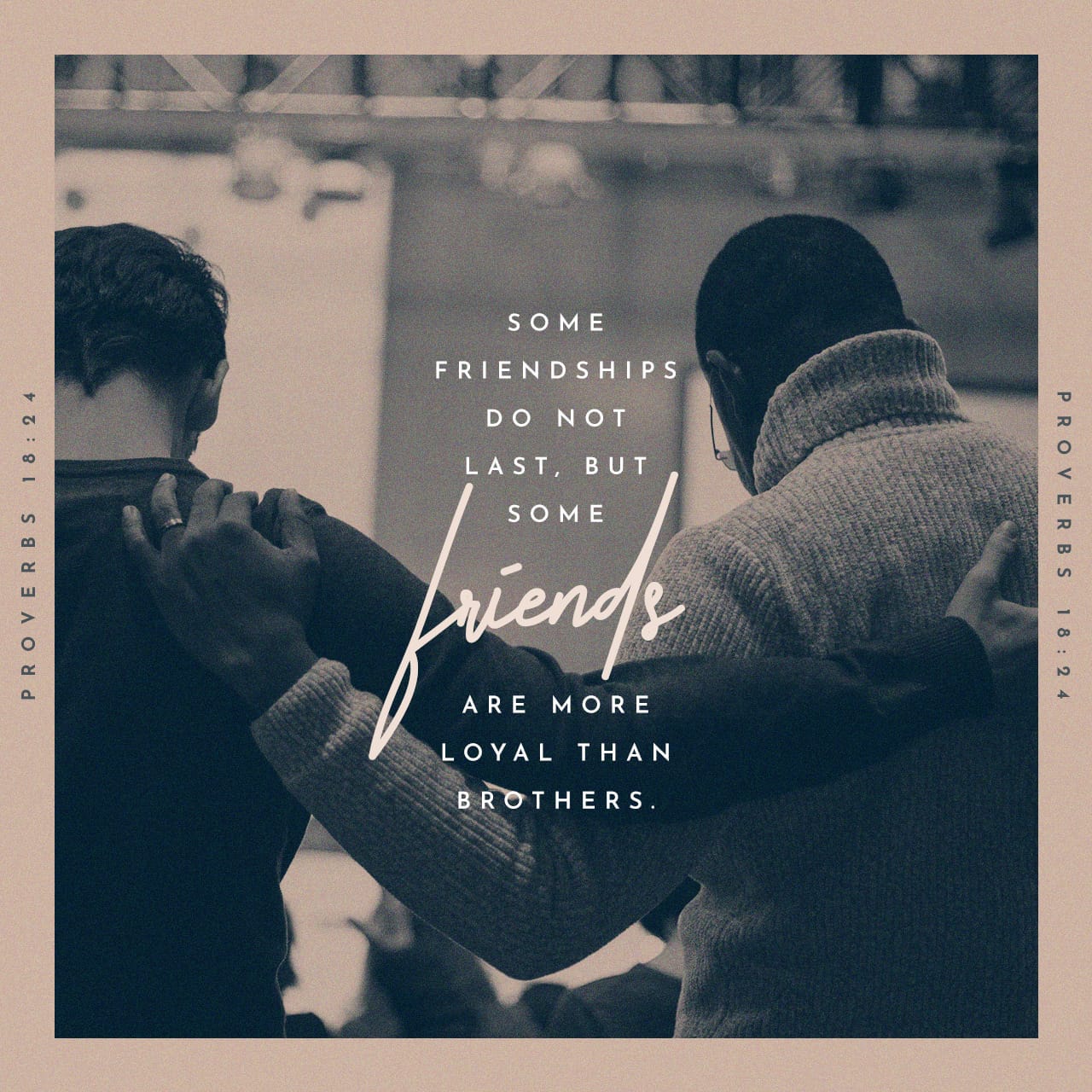Transcript Thursday: At last, you will find out why friendship is important
Why do you need to invest seriously in friendship? What you need to know about an almost 80-year Harvard study and new book discoveries on the importance of friendship.

I’m lucky to have good friends who care deeply about me and to manage my friendship with them, I’m always on the lookout for information that would flower a healthy and lasting relationship built on love and respect.
In today’s newsletter, you will learn why friendship is important and why you need to take it more seriously. Through Wondery’s The Next Big Idea, a podcast show, and a Harvard study, you will learn what science discovered about the importance of friendship.
In 1938, scientists set out to find out what guaranteed healthy and happier lives through a Harvard research, Grant Study, a longitudinal study. In the course of the next 80 years, they discovered a visible pattern: Our friendship, its quality and how happy we are in it will help us live a healthy and happier life. Not fame, success or wealth.
Lydia Denworth, author of the book, Friendship: The Science and Power of Life’s Deepest Bond, discussed the importance of the Grant study and the follow-up research on friendship, published in her new book. She discussed her findings in Wondery’s podcast show, The Next Big Idea, with the podcast's host, Rufus Griscom.
Enjoy the Q & A edited and summarized transcript:
Rufus Griscom (RG) chat with Lydia Denworth (LD) in The Next Big Idea Podcast
RG: In her new book, Lydia dives into the science behind one of life’s biggest mysteries, why a strong network of friends makes us happier, healthier and more successful.
I have a well-worn copy of your wonderful new book. Why did it take scientists so long to address the issues of friendship?
LD: That is a good question, and that is why I wrote a book. I looked at the evolution of knowledge and I thought why did it take so long to realize the subject of friendship is also a matter of life and death. And I think for a long time scientists didn’t appreciate the importance of relationships.
I think there was some hesitation by some scientists to delve into it because it was unscholarly and also it’s so hard to define or measure, and science needs real measurement. You need to have variables to measure and outcome to look at. So the first thing that happened was scientists think it might matter, and they had to figure out how to go about measuring and studying.
RG: Richard Dawkins talked about our selfish genes and how it’s in our interest to cause those genes to prosper but helping non-relative for a long time appear to scientists as an accidental carryover of our impulse to help our genetic kin.
LD: It was actually a big hole in Darwinian Theory. How do you explain altruism? How do you explain the fact that some individuals go to great lengths and put themselves at considerable risk to help others to whom they are not related? Nobody had an explanation for that for a very long time. And then an evolutionary biologist named Robert Trivers developed Reciprocal Altruism, which explains you do something for me, I do something for you. And now we understand that reciprocity is a fundamental part of friendship.
RG: It turns out there is a biology to friendship, neurochemistry, we can see it in our genes and it’s visible to our brain. What does it look like?
LD: One thing it looked like is that my brain and my friend’s brain process the world more similar than people we’re not as close to. The closer you are to a friend, the more similar your brains work.
RG: It’s extraordinary. Aristotle once said: “What is a friend, a single soul dwelling in two bodies,” and we can see that in how the brain works in friendship. Let’s talk about the opposite of friendship, loneliness. I love your comment that we use the word solitude to describe the joy of being alone. And we use the word loneliness to describe the pain of being alone. But solitude for everybody results in loneliness. And loneliness we register as some form of physical trauma.
LD: That was one of the interesting things to come out of the science of loneliness which began in the 90s with a social psychologist named John Cacioppo. He came to understand loneliness as the body’s physical response to a lack of social connection, something akin to hunger and thirst. It was the body telling you you needed to get out and seek people and interact. Nobody thought about it this way before. What we see as emotional and unpleasant, now we know loneliness is right up there with some of the worst traumatic experiences people can have. It’s the same as severe trauma as a child or poverty. This is serious stuff.
RG: In contrast, friends diminish fear and make us feel safe. It’s called social buffering.
LD: Social buffering is the idea that another human either relaxes you or stresses you out. But the buffering part is that they are relaxing you. They are all kinds of way in which a friend calms us down and makes us feel like we are up to the challenge of things that are critical.
That’s all on today’s installment of Transcript Thursday. This is an edited and summarized transcript curated to suit today’s topic. To listen to the full podcast click here
Thanks for reading through today’s episode of Transcript Thursday. I’d really love to know what you think about today’s conversation on the importance of friendship in the comments section. Please, kindly share with your friends too. See you next week, Saturday.
Read this short article
Listen to: Friends by The Carters

